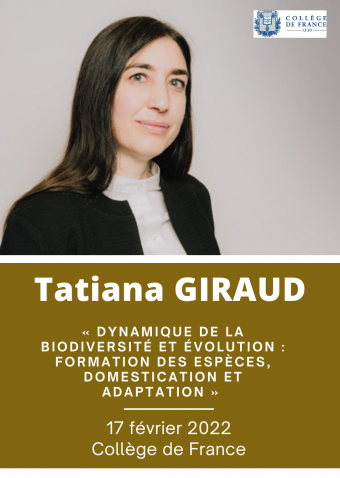Autres événements à PSL
26avr.
Campus
-
- Université PSL
🧪Young Researchers Night - Science and Health: Research for Better Care
15mai
Research
-
- Université PSL
Doctoral conference AI for The Sciences
23mai
Campus
-
- Université PSL
🧪 Young Researchers Evening - "Artists and researchers: when research is interested in art"
10juin
Research
-
- Université EELISA
2nd EELISA Student Scientific Competition
All Events

